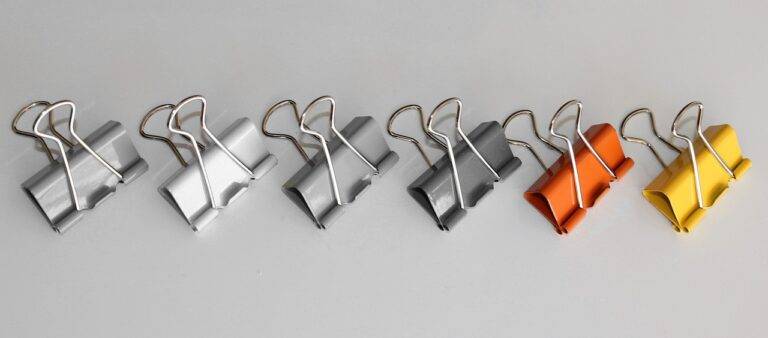Sustainability in Jewelry: Ethical Sourcing and Responsible Practices: Laser247, Lotus365, Sky247 login
Laser247, lotus365, sky247 login: As consumers become more conscious of the impact of their purchases on the environment and society, the demand for sustainable and ethical jewelry is on the rise. From the sourcing of materials to the production process, jewelry brands are now expected to adhere to responsible practices that prioritize environmental stewardship and fair labor standards.
Ethical sourcing of materials is a crucial aspect of sustainability in the jewelry industry. Traditional mining practices can have devastating effects on the environment, including deforestation, water pollution, and habitat destruction. By opting for recycled metals and ethically sourced gemstones, jewelry brands can minimize their environmental footprint and support responsible mining practices.
Responsible production processes are also essential for sustainable jewelry. This includes ensuring safe working conditions for workers, paying fair wages, and reducing waste and energy consumption. By adopting eco-friendly manufacturing techniques and partnering with suppliers who share their values, jewelry brands can make a positive impact on both people and the planet.
In addition to ethical sourcing and responsible production, transparency is key in the sustainable jewelry sector. Consumers are increasingly interested in knowing the origins of the materials used in their jewelry and the practices of the brands they support. By providing clear information about their supply chain and production methods, jewelry brands can build trust with their customers and demonstrate their commitment to sustainability.
As the demand for sustainable jewelry continues to grow, more and more brands are embracing ethical sourcing and responsible practices. By supporting these brands, consumers can contribute to a more sustainable and ethical jewelry industry that values people, planet, and prosperity.
—
1. What is sustainable jewelry?
Sustainable jewelry refers to jewelry that is produced using environmentally friendly and ethical practices. This includes using recycled materials, ethically sourced gemstones, and eco-friendly production processes.
2. Why is ethical sourcing important in the jewelry industry?
Ethical sourcing is important in the jewelry industry to minimize environmental impact, support responsible mining practices, and ensure fair labor standards for workers.
3. How can consumers support sustainable jewelry brands?
Consumers can support sustainable jewelry brands by choosing to purchase from brands that prioritize ethical sourcing, responsible production, and transparency in their practices.
4. What are some examples of sustainable jewelry materials?
Some examples of sustainable jewelry materials include recycled metals, ethically sourced gemstones, and eco-friendly alternatives to traditional jewelry materials.
5. How can jewelry brands promote sustainability in their marketing?
Jewelry brands can promote sustainability in their marketing by highlighting their commitment to ethical sourcing, responsible production, and transparency in their practices. By sharing their sustainability efforts with consumers, brands can build trust and loyalty among eco-conscious shoppers.







